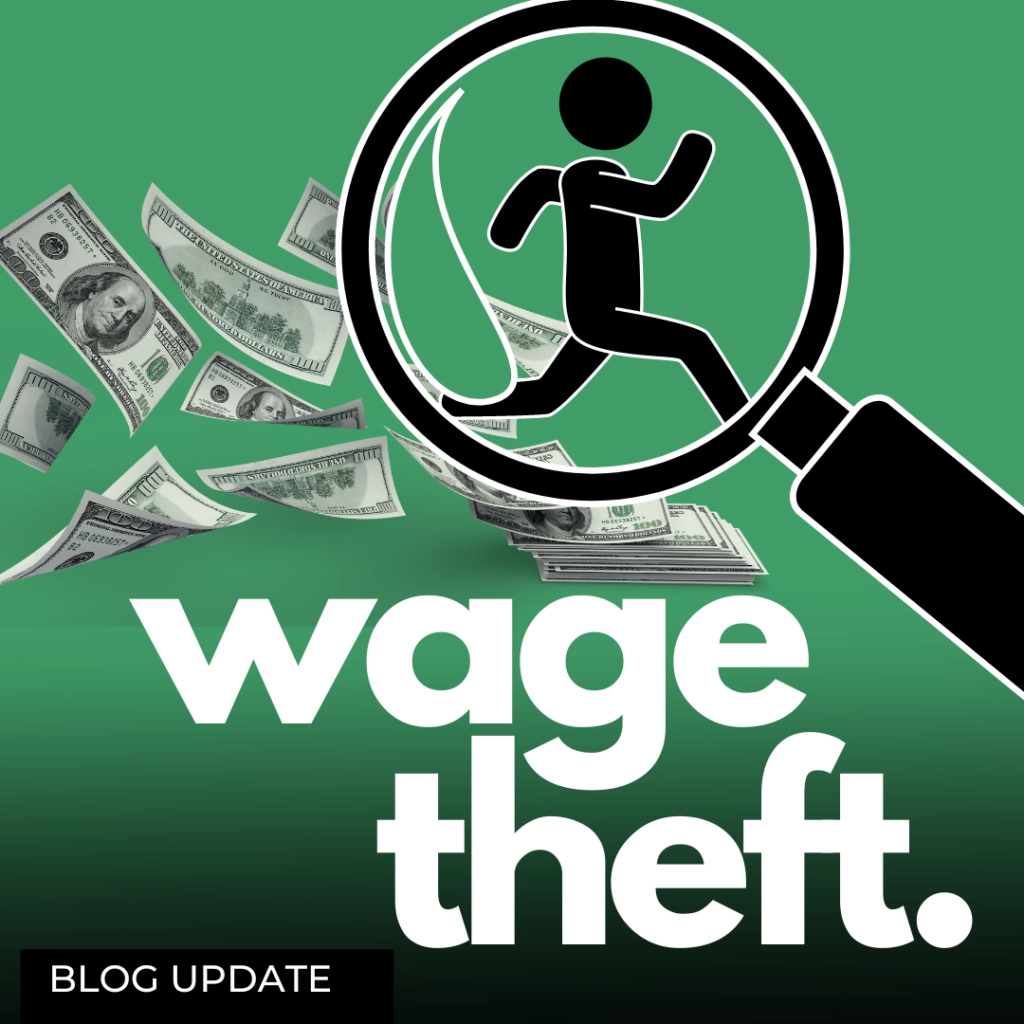Wage theft watchdog Wage Inspectorate Victoria has filed 94 criminal charges against a Victorian restaurant and its officer in the Victorian Magistrates’ Court, alleging that the restaurant failed to pay more than $7,000 in employee entitlements to several employees over a five-month period.
These are the first criminal charges laid under the Victorian wage theft laws and it is the first time criminal wage theft charges have been prosecuted in Australia.
What Do Wage Theft Laws Govern?
The Wage Theft Act 2020 (Vic) (the “Act”) came into force in Victoria from 1 July 2021. It holds employers, directors, and officers criminally liable for non-payment or underpayment of wages or other entitlements, or for falsifying or failing to keep an appropriate record of employee entitlements.
The Act applies to employee entitlements and criminalises:
- deliberately and dishonestly underpaying employees,
- deliberately and dishonestly withholding wages, superannuation or other employee entitlements,
- falsifying employee entitlement records to gain a financial advantage, and
- avoiding keeping employee entitlement records to gain a financial advantage.
Breaching these provisions attracts penalties of up to $1,090,440 for companies, while individuals can face a fine of up to $218,088 or a maximum of 10 years’ imprisonment.
Under the Act, it is possible for employers to be held liable for the actions of an officer or board of directors if the employer has expressly or impliedly given permission for the prohibited conduct, or where corporate culture has enabled the conduct. Officers or directors may be held personally liable regardless of whether an employer is prosecuted.
The Act provides a defence where an employer, officer or director exercised due diligence to prevent the offence from occurring.
How Do I Know if My Organisation is Compliant?
Wage compliance is critical for Australian businesses.
Employers who fail to ensure their employees are paid lawfully can face costly legal, financial and reputational consequences. It is always recommended to review employee entitlements and ensure their compliance under the Fair Work Act, appropriate modern awards, enterprise agreements, employment agreements and state and federal tax legislation.
If you need assistance to ensure you are wage compliant, this article can help to get you started.
The Fair Work Ombudsman (FWO) has a step-by-step process which employers can follow if they have underpaid an employee. To see the FWO’s guide, see here.
Need Specialist Advice?
If you would like specialist assistance to review your circumstances and improve compliance, Workplace Wizards are legally trained expert consultants in anything and everything employment law related. You can contact us via phone on 03 9087 6949 or via email at support@workplacewizards.com.au.




Comments are closed.